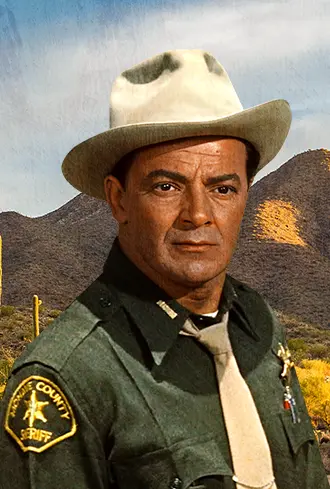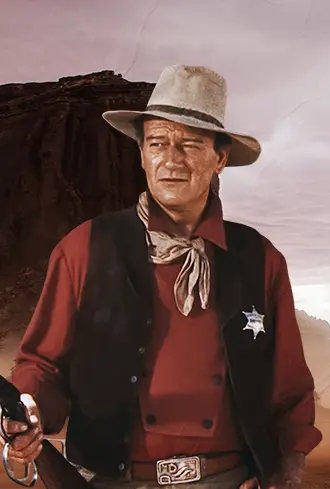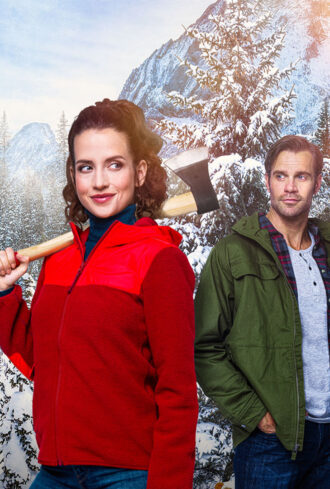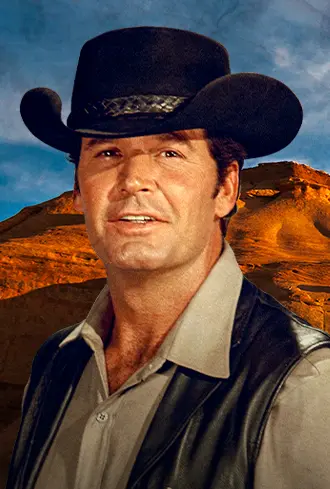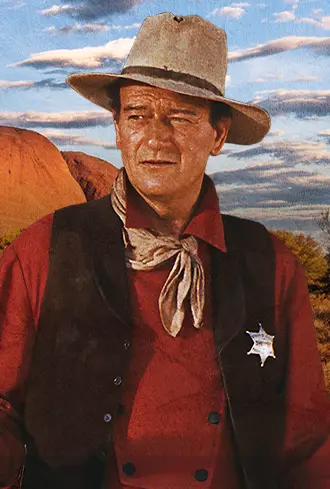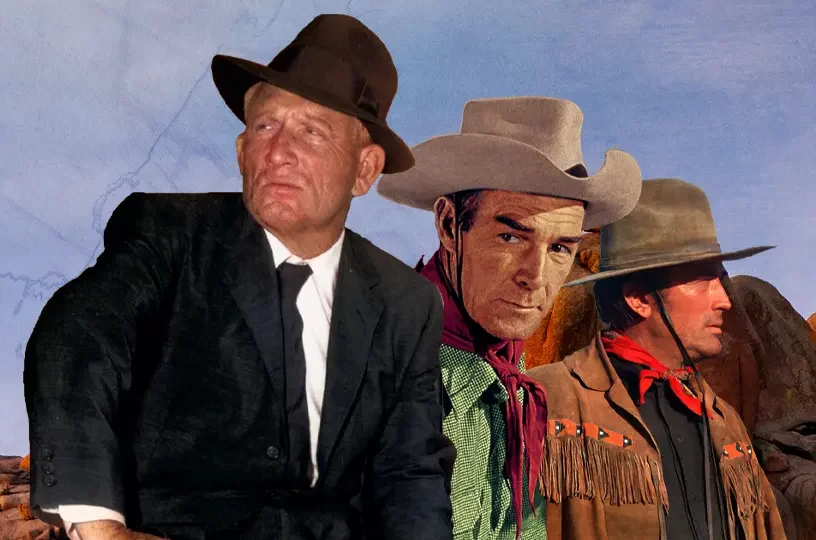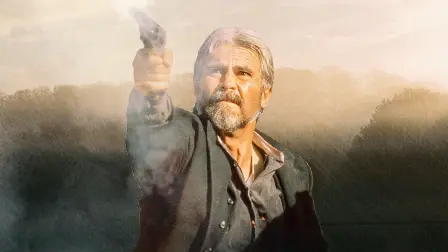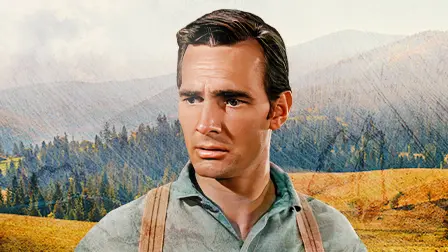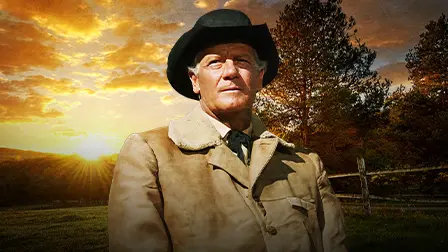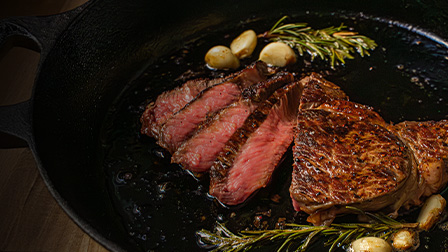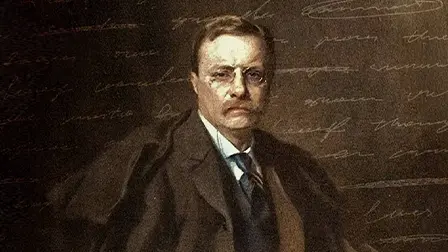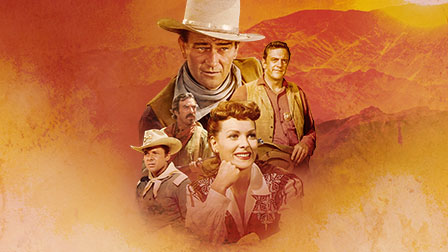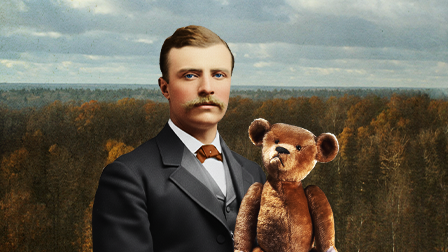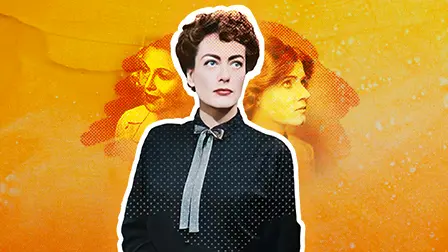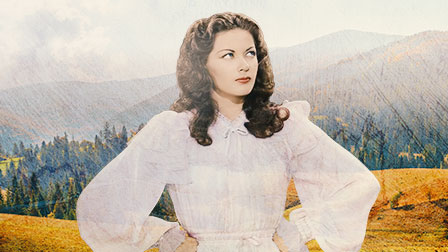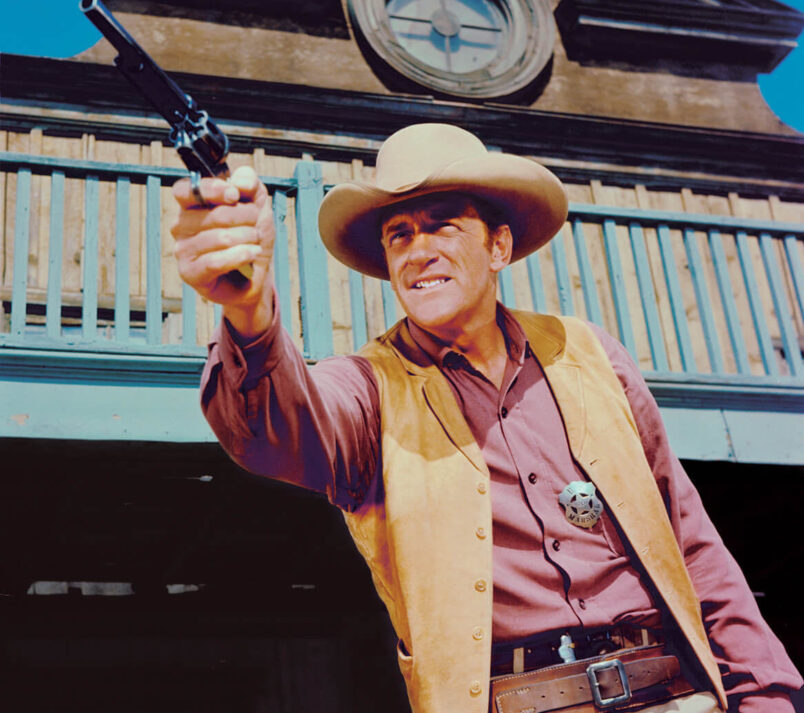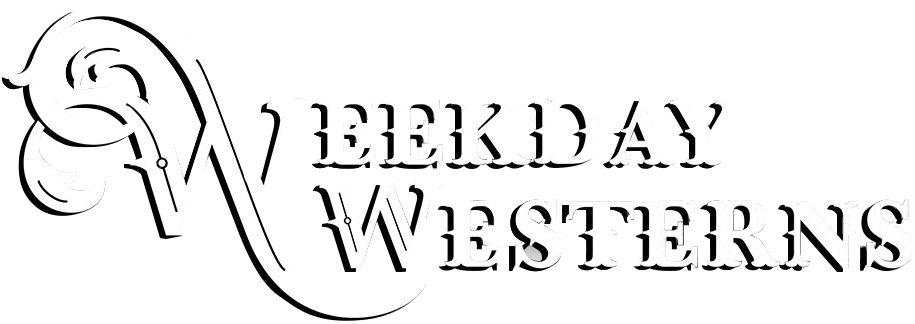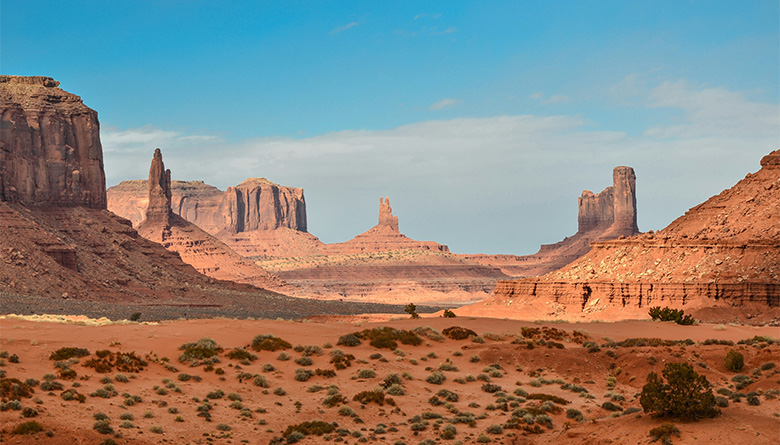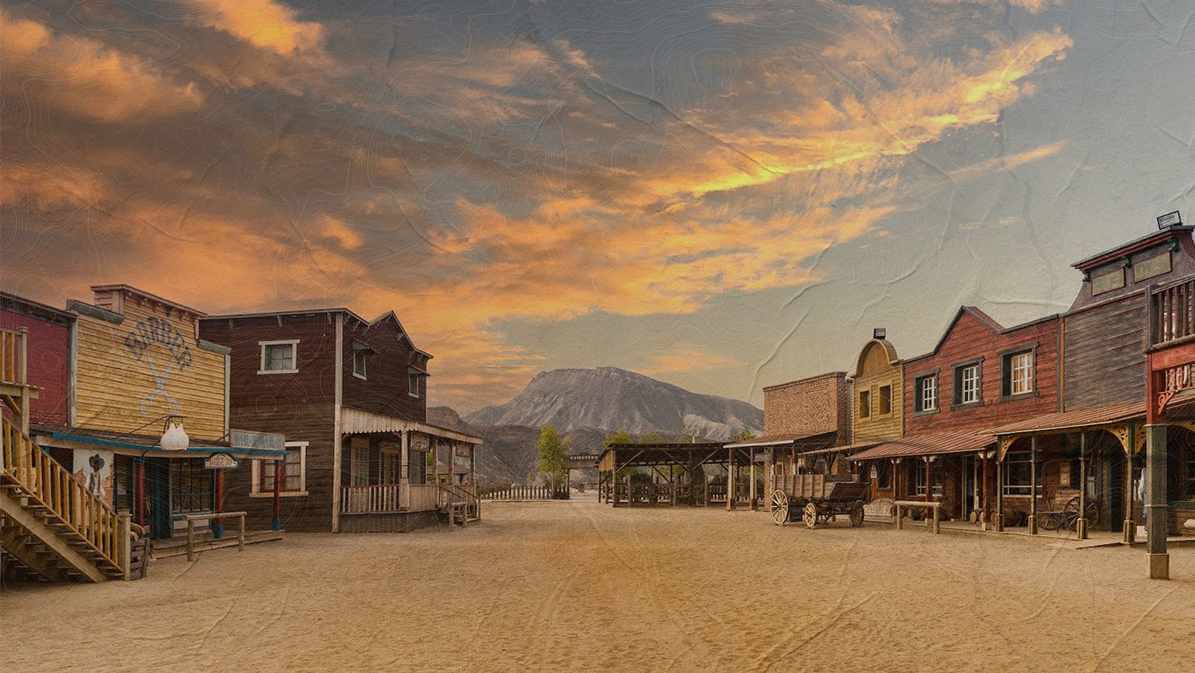By Reagan Johnson
Cowboys have long been a symbol of the American frontier, but the stories of Black cowboys—who made up a significant portion of cattle drivers and ranch hands in the Old West—are often left out of the narrative. Historians estimate that one in four cowboys in the American West were African American in heritage, yet their contributions often remain overlooked. Their stories and triumphs reveal a diverse history, challenging long-held myths about America’s past.
 The Origins of Black Cowboys
The Origins of Black Cowboys
The history of Black cowboys traces to the aftermath of the Civil War and the emancipation of enslaved African Americans. Many freedmen sought opportunities in the West, where they found work as ranch hands, cattle drivers and horse trainers. The cattle industry was booming in states like Texas, and ranch owners needed skilled labor to manage large herds and navigate challenging terrain. For many African Americans, the cowboy lifestyle offered freedom, adventure, and the chance to escape the harsh realities of post-Reconstruction racial tensions in the South.
Black cowboys played a pivotal role in cattle drives that spanned thousands of miles, from Texas to railheads in Kansas and beyond. They faced harsh conditions, long days in the saddle, and the dangers of rustlers and stampedes. Yet, these cowboys persevered, earning a reputation for their horsemanship, resilience, and work ethic.
Notable Black Cowboys of the Old West
Several Black cowboys left their mark on history, becoming legends in their own right. Here are a few notable figures:
- Nat Love (1854–1921): One of the most famous Black cowboys, Love was born into slavery in the heart of Tennessee. After gaining his freedom, he became a renowned cattle driver and sharpshooter. Love’s memoir, The Life and Adventures of Nat Love, provides a firsthand account of his experiences on the frontier. No stranger to the rodeo, he earned the nickname "Deadwood Dick" after winning a Fourth of July cowboy competition in Deadwood, South Dakota.
- Bill Pickett (1870–1932): Known as the inventor of bulldogging, a rodeo event in which a cowboy wrestles a steer to the ground, Pickett was a legendary rodeo performer and ranch hand. He performed with the 101 Ranch Wild West Show and became one of the first Black cowboys to gain national fame.
- Bose Ikard (1843–1929): Ikard worked as a ranch hand and trail driver for Charles Goodnight, one of the founders of the Goodnight-Loving Trail. Ikard’s loyalty and skills earned him a respected place in history, and he was the inspiration for the character Joshua Deets in Larry McMurtry’s Lonesome Dove.
- Bass Reeves (1838–1910): Known as one of the first Black U.S. Marshals, Reeves was a trailblazer in law enforcement who served in the Indian Territory for over 30 years. His career included arresting thousands of criminals, and his legacy continues through stories like those featured in INSP’s Wild West Chronicles.
 How Did Black Cowboys Thrive in the West?
How Did Black Cowboys Thrive in the West?
The American West offered a unique environment where Black cowboys could thrive despite the racism that was so prevalent in other parts of the country. The demands of frontier life placed a higher value on skill and dependability than skin color. Ranch owners needed capable cowboys who could handle the harsh realities of the open range, regardless of their skin color or background—and Black cowboys often fit the bill.
However, it’s important to note that Black cowboys still faced discrimination. Even in the burgeoning Wild West, they were often paid less than their white counterparts and were sometimes excluded from social events and competitions.
Black Cowboys in Popular Culture
While the contributions of Black cowboys have been historically underrepresented, they have begun to receive more recognition in recent years through books, documentaries, and films. Shows like Wild West Chronicles on INSP shine a light on the stories of trailblazing figures like Nat Love and Bass Reeves, bringing their legacies to life for modern audiences.
Hollywood has also paid tribute to Black cowboys in films like The Harder They Fall and Django Unchained, which highlight African American pioneers' strength, resilience, and adventures in the West.
What You Should Know About Black Cowboys Today
The legacy of Black cowboys is a vital part of American history, forming the foundation for generations of ranching families and lawmen today. Their stories are a reminder that the West was a diverse and multicultural place, shaped by people of all backgrounds. By acknowledging the contributions of Black cowboys, it provides a more accurate understanding of the frontier and the multitude of courageous people who helped shape it.
Suggest a Correction
We strive for accuracy and fairness. But if you see something that doesn’t look right, click here to contact us!

